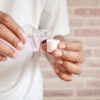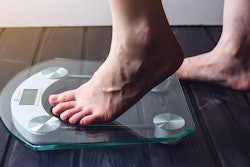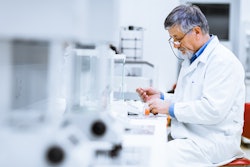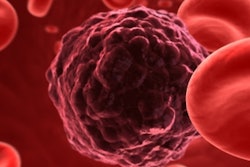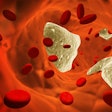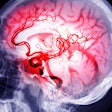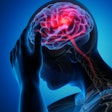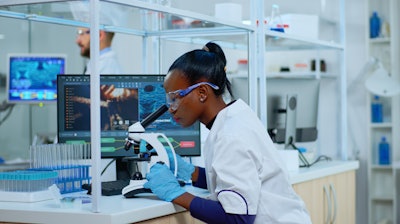
Using a saliva sample, CRISPR-based technology could be used to assess a range of oral and systemic diseases, according to research findings published on May 11 in the Journal of Oral Microbiology.
Investigators from the Forsyth Institute in Cambridge, MA, found that CRISPR could detect specific oral pathogens and disease conditions via a saliva sample in 30 minutes.
"Imagine going to the dentist for a cleaning, giving a sample of your saliva, and coming out of the appointment with comprehensive information on your oral health -- your risk for cavities and gum disease -- and on systemic diseases like diabetes, heart disease, and cancer," the Forsyth Institute said in a statement. "This kind of diagnostic tool would revolutionize oral care, and provide early detection of disease without the pain, hassle, and cost of bloodwork."
More than 3 billion people worldwide have oral diseases. Sixty-five percent of older adults in the U.S. have gum disease, the researchers noted.
Since oral bacteria have been linked to systemic disease, a team led by Dr. Batbileg Bor of the Forsyth Institute explored whether a CRISPR-Cas-based molecular diagnostic platform called Sherlock -- which targets RNA and DNA molecules found in saliva in a sequence-specific manner -- could provide a snapshot of a person's oral health. The group used Sherlock to target four oral bacteria known to cause disease and assessed the technology's ability to identify bacteria associated with digestive, cardiovascular, and neurodegenerative diseases and cancer.
"We were able to target and detect specific bacteria in unprocessed saliva, meaning we could get this level of sensitivity and specificity without having to additionally process the saliva sample," Bor said in a statement released by the Forsyth Institute.
The study findings could revolutionize oral health, according to Dr. Wenyuan Shi, Forsyth's president and CEO.
"Once this tool is fully developed, it will change your dental experience," Shi said. "While your teeth are cleaned, the dentist can also provide you with all the biological information related to your oral and overall health."
